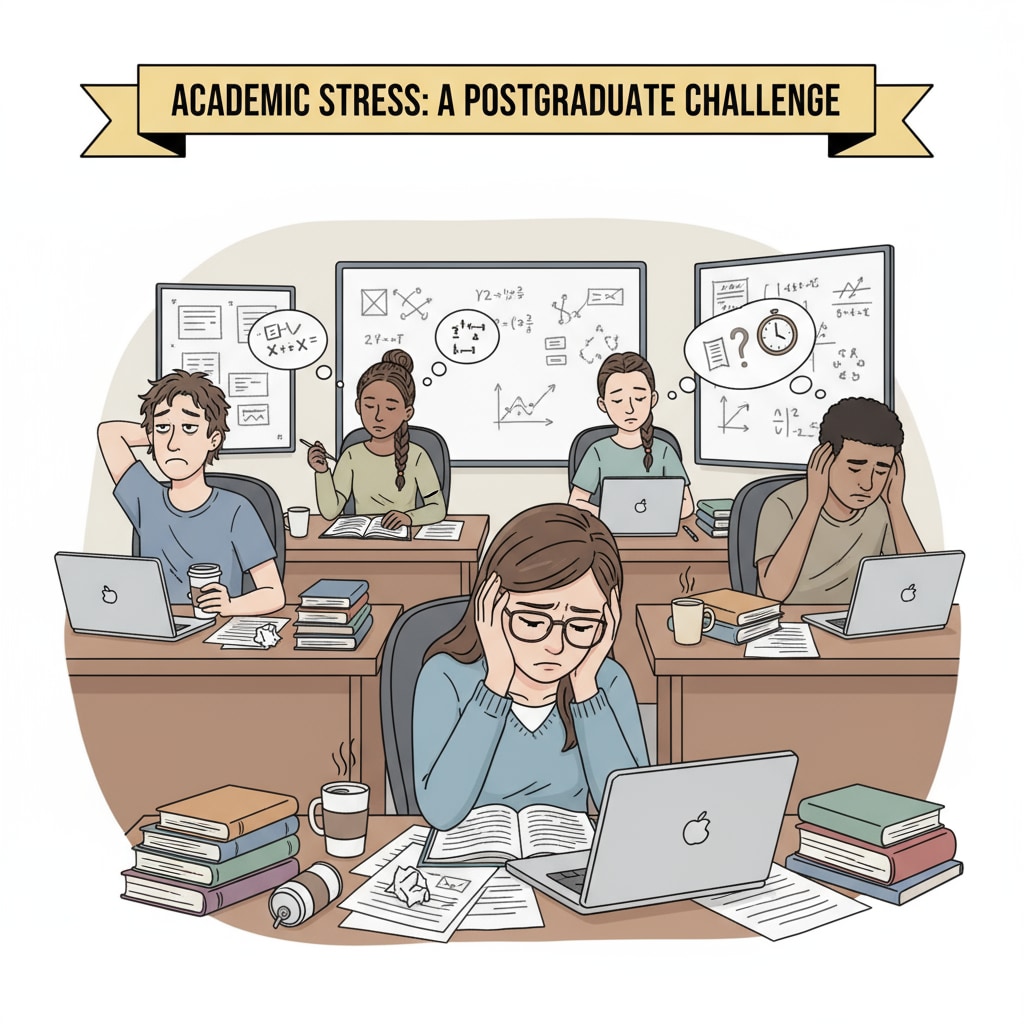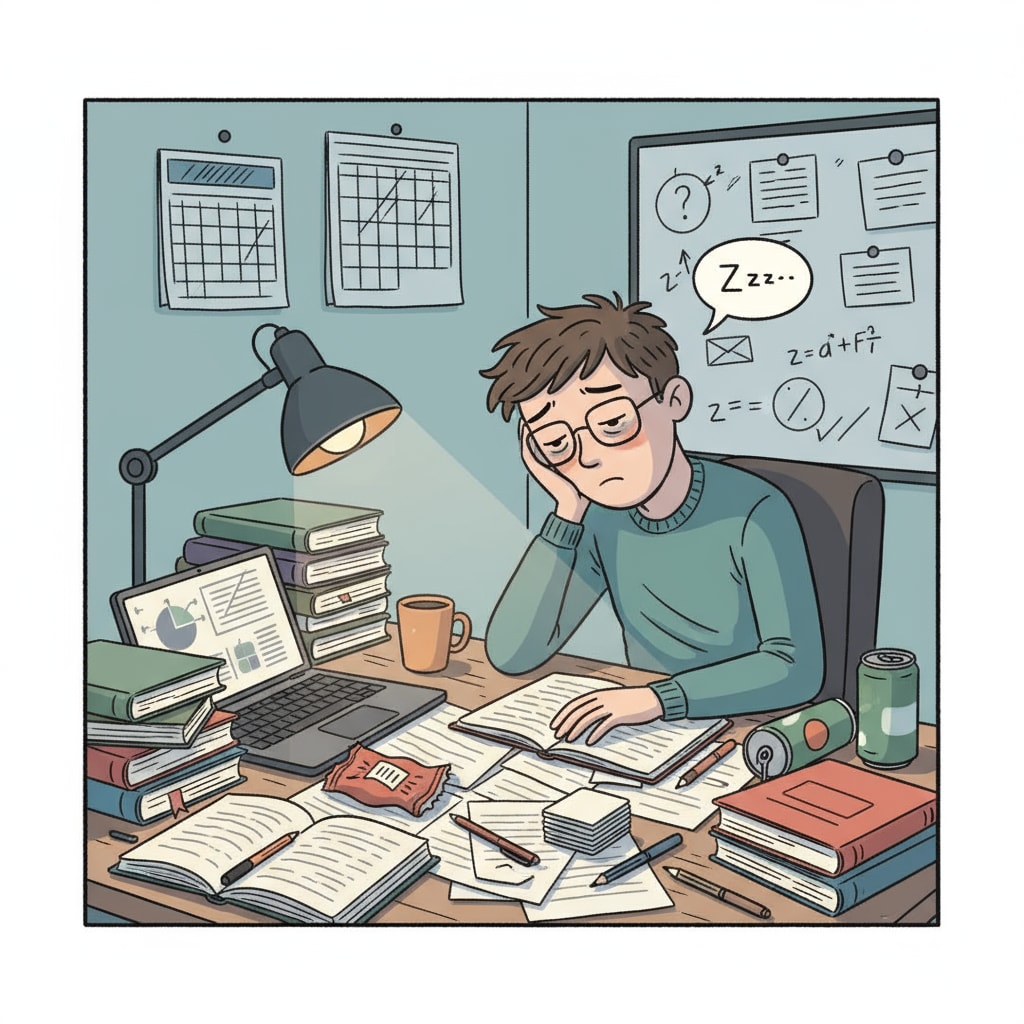Academic burnout, along with the loss of interest when working on a master’s thesis, is a common struggle among postgraduate students. This issue can significantly hinder academic progress and overall well-being. Understanding how to address these challenges is crucial for success in postgraduate studies.

The Root Causes of Academic Burnout
There are several factors contributing to academic burnout. Firstly, the heavy workload in postgraduate programs can be overwhelming. Students often have to juggle multiple courses, research projects, and thesis writing. For example, they may need to read numerous academic papers, conduct experiments, and write detailed reports. This constant pressure can lead to mental and physical exhaustion. Academic burnout on Wikipedia

Loss of Interest in the Master’s Thesis
Losing interest in the master’s thesis can stem from various reasons. Sometimes, the initial topic selection may not align with the student’s true interests. As the research progresses, they may find it difficult to stay motivated. Additionally, facing numerous setbacks during the research process, such as unexpected results or difficulties in data collection, can dampen enthusiasm. Overcoming research fatigue on Psychological Science
To combat academic burnout and regain interest, students can take several steps. They can break down the large tasks into smaller, more manageable ones. Setting clear goals and deadlines for each part can make the work seem less daunting. Moreover, seeking support from supervisors, peers, or family members can provide emotional and academic assistance.
Readability guidance: By following these suggestions, postgraduate students can better cope with academic burnout and loss of interest. They can then move forward with their master’s thesis writing and achieve their academic goals. Remember, it’s normal to face challenges, but with the right strategies, you can overcome them.


